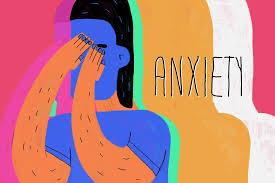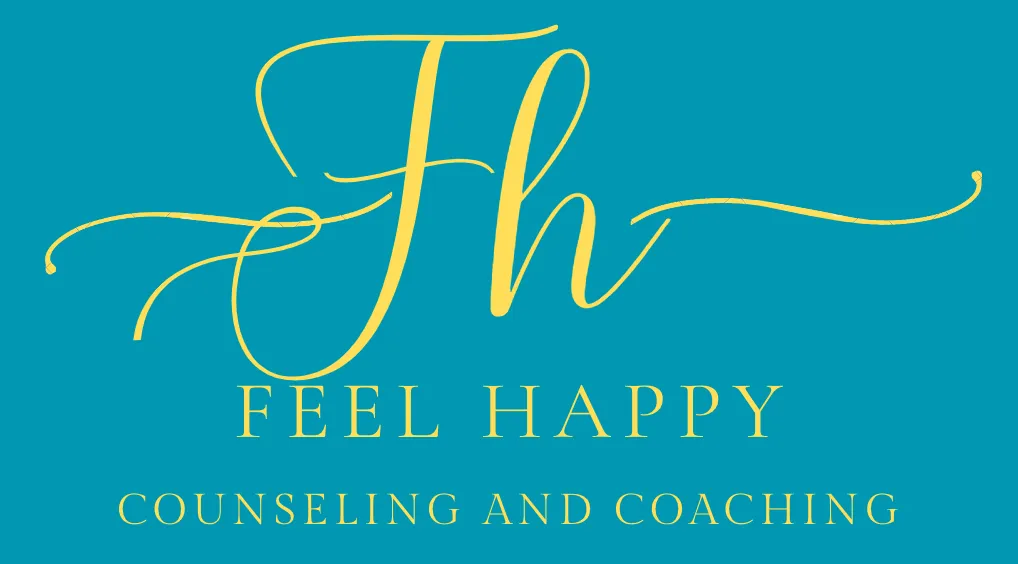How Anxiety Impacts Physical Health and How Therapy Can Help

- posted: Oct. 15, 2024
Anxiety is more than just feeling nervous or worried—it’s a mental health condition that can have significant physical repercussions if left untreated. The body and mind are deeply interconnected, and chronic anxiety can disrupt the body’s natural systems, leading to health issues. In this blog, we’ll explore how anxiety can negatively affect physical health and how therapy offers effective solutions to reclaim both mental and physical well-being.
The Physical Toll of Anxiety
1. Cardiovascular Issues
When anxiety becomes chronic, the body remains in a heightened state of "fight or flight." This continuous activation can increase heart rate and blood pressure, potentially contributing to long-term cardiovascular issues like hypertension and heart disease.
2. Gastrointestinal Problems
People with anxiety often experience digestive issues, including irritable bowel syndrome (IBS), nausea, or loss of appetite. Anxiety can trigger the release of stress hormones that alter gut function, resulting in discomfort and chronic stomach issues.
3. Sleep Disorders
An anxious mind often leads to trouble falling or staying asleep. Poor sleep affects immune function, concentration, and emotional resilience, creating a vicious cycle where anxiety worsens due to sleep deprivation.
4. Weakened Immune System
Chronic stress and anxiety impair the immune system, leaving the body more vulnerable to infections and slowing down recovery time from illness.
5. Muscle Tension and Chronic Pain
Anxiety often manifests physically through muscle tension, headaches, and even chronic pain conditions. Tight muscles and frequent headaches are common complaints among those with anxiety disorders.
How Therapy Can Improve Physical and Mental Health
While anxiety can have far-reaching effects on physical health, the good news is that therapy offers a path to recovery. Here’s how it can help:
1. Cognitive Behavioral Therapy (CBT)
CBT is one of the most effective approaches for treating anxiety. It helps clients identify and challenge negative thought patterns, allowing them to break free from the cycle of anxious thinking that contributes to physical symptoms.
2. Mindfulness-Based Practices
Incorporating mindfulness techniques into therapy can reduce stress by helping individuals become more aware of their thoughts and bodily sensations. Mindfulness improves emotional regulation and reduces the physical impacts of anxiety, like muscle tension and digestive problems.
3. Somatic Therapy and Relaxation Techniques
Some therapies focus directly on the connection between the mind and body. Breathwork, progressive muscle relaxation, and guided imagery are examples of techniques that can calm the nervous system and alleviate physical symptoms of anxiety.
4. Improved Sleep Through Behavioral Interventions
Therapists work with clients to develop better sleep hygiene practices and address the thoughts that keep them awake at night. With improved sleep, physical health also benefits, reducing fatigue and strengthening the immune system.
5. Building Coping Skills for Long-Term Health
Therapy equips clients with practical tools to manage stress and anxiety in everyday life. Learning effective coping mechanisms ensures that individuals can maintain both mental and physical health over time.
Take the First Step Toward Better Health
Anxiety doesn’t just live in the mind—it can make itself known in the body, leading to long-term health challenges. At Feel Happy Counseling and Coaching, we understand how overwhelming anxiety can be and how it affects every aspect of life, including physical well-being. Our compassionate, evidence-based approach empowers clients to regain control over their thoughts, emotions, and health.
If you or someone you love is struggling with anxiety, don’t wait. Contact us today to schedule a session and start your journey toward lasting well-being.
Feel Happy Counseling and Coaching
Serving Windermere, Florida, and surrounding areas
Contact Me
Location
Primary Location
9100 Conroy Windermere Road
Windermere, FL 34786

